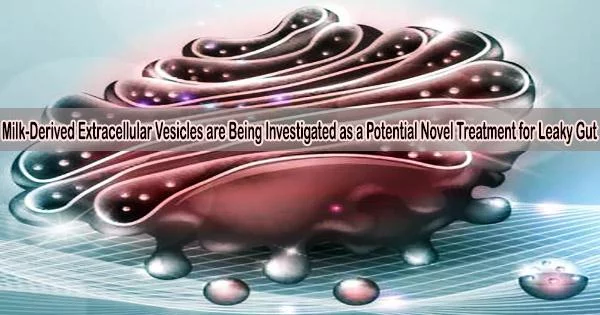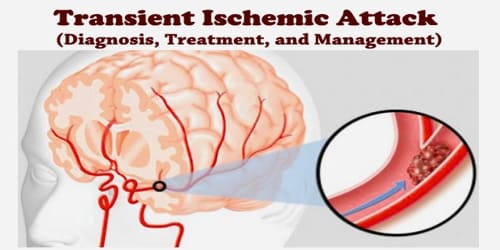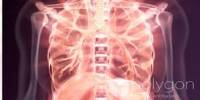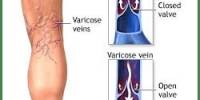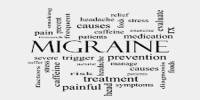The intestinal barrier, also known as the gut barrier, is critical for nutrition absorption and preventing hazardous chemicals from entering the bloodstream. Under disease conditions, disruption of the gut barrier may result in increased permeability and a “leaky gut.”
Symptoms of “leaky gut” syndrome include chronic diarrhea, constipation, and bloating. Many diseases have been linked to it, including inflammatory bowel disease and non-alcoholic fatty liver disease.
Both disorders are common in the general population, with the latter affecting approximately 40% of Singaporeans, whereas inflammatory bowel disease affects 1-3 in 10,000 Singaporeans. Treatment options for these two extremely frequent disorders, however, are limited. Repairing the leaky gut is thus a viable therapy approach for many disorders.
Milk, as nature’s first functional food, also serves critical functions in the formation of the intestinal barrier and the gut immune system. Both human and bovine milk are rich in extracellular vesicles (mEVs), which are nanosized particles containing beneficial components that can improve gut immunity and quality of gut bacteria.
However, it is unclear whether mEVs protect the gut barrier and treat the leaky gut.
To this end, Assistant Professor Jiong-Wei Wang from the Nanomedicine Translational Research Programme and Centre for NanoMedicine at the Yong Loo Lin School of Medicine, National University of Singapore (NUS Medicine), in collaboration with Professor Huaxi Yi from Ocean University of China, led a research team to investigate the potential treatment effects of mEVs on the leaky gut. This study is published in Science Advances.
A leaky gut is a common effect of many diseases. However, whether the leaky gut is a symptom, or a cause of those diseases, remains debatable. Our research shows that treating the leaky gut with mEVs can ameliorate both inflammatory bowel disease and nonalcoholic fatty liver disease, two types of diseases that are seemingly unrelated.
Professor Jiong-Wei Wang
The mEVs are obtained by removing milk fat, proteins and lactose with an in-house approach developed by Asst Prof Wang and his team. They discovered that the presence of high amounts of proteins and tiny nucleic acids in mEVs is linked to gut barrier function.
Both human breast milk and cow milk contain mEVs with therapeutic properties. The treatment efficacy of mEVs was demonstrated in laboratory models.
The researchers noticed that after orally providing mEVs to the mice, their intestinal inflammation was controlled and the compromised gut barrier was restored. More importantly, the mEVs prevented the leakage of bacterial toxins from the gut into the bloodstream, effectively preventing toxin-induced liver damage.
This demonstrates that mEVs can potentially mend the leaky gut and successfully reduce the progression of inflammatory bowel disease and nonalcoholic fatty liver disease when administered orally.
“A leaky gut is a common effect of many diseases. However, whether the leaky gut is a symptom, or a cause of those diseases, remains debatable. Our research shows that treating the leaky gut with mEVs can ameliorate both inflammatory bowel disease and nonalcoholic fatty liver disease, two types of diseases that are seemingly unrelated,” said Asst Prof Wang, the lead author of this study.
“Another interesting finding is that mEVs extracted from milk produced at different stages after pregnancy¾colostrum, transient or mature milk, all exert similar gut barrier protection,” Asst Prof Wang added.
Colostrum milk is the milk produced by the breast during pregnancy, whereas transitional milk is milk produced 2 to 3 days after birth. The milk then gradually changes from colostrum to mature milk.
A human adult may need to drink 1 liter of milk every day to produce therapeutic effects on the aforementioned illness conditions, according to the research team. Individuals with lactose intolerance will benefit more from mEVs.
The researchers are currently investigating the processes underlying the therapy effects. In addition, the team is collaborating with doctors to investigate clinical studies with patients in the near future.
